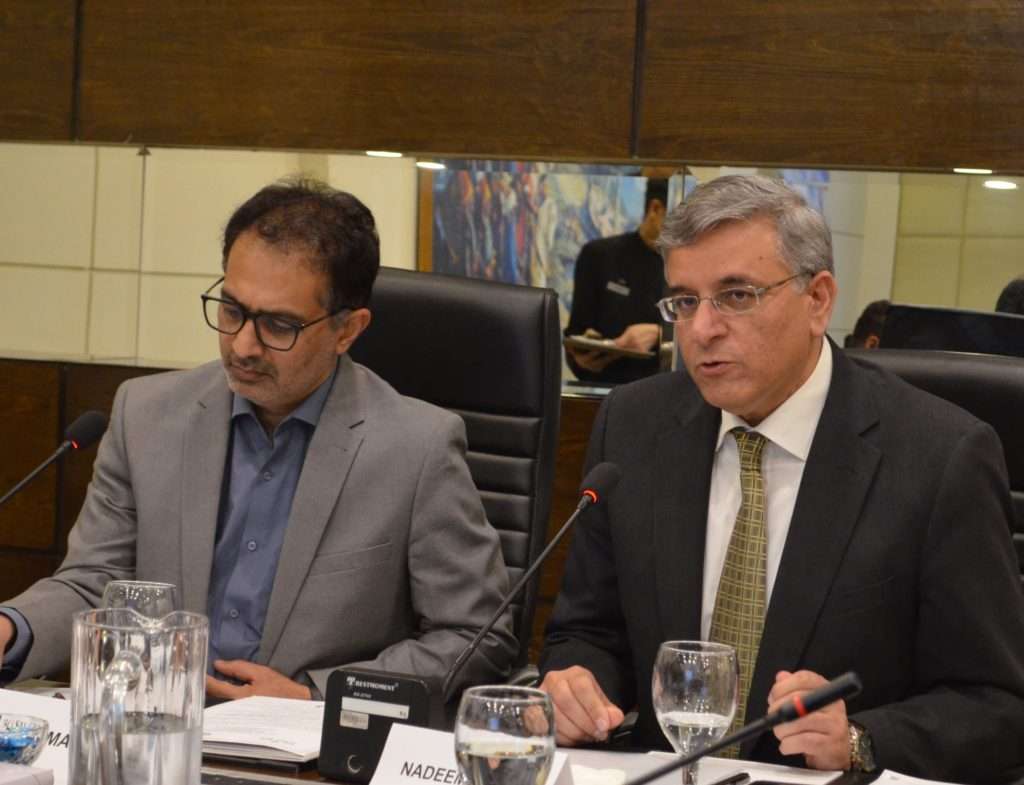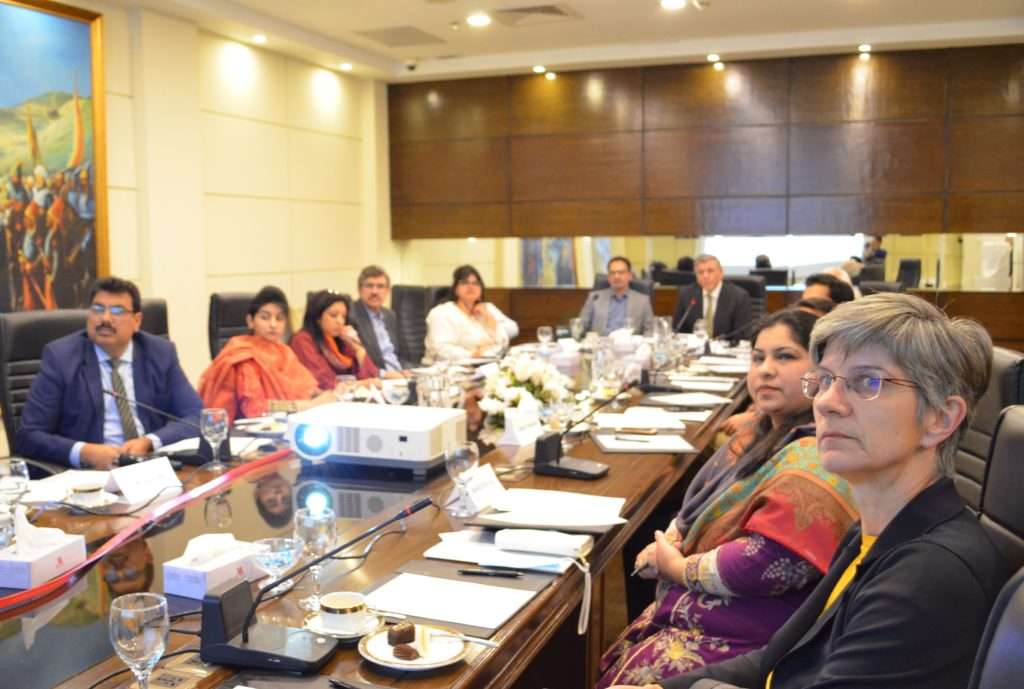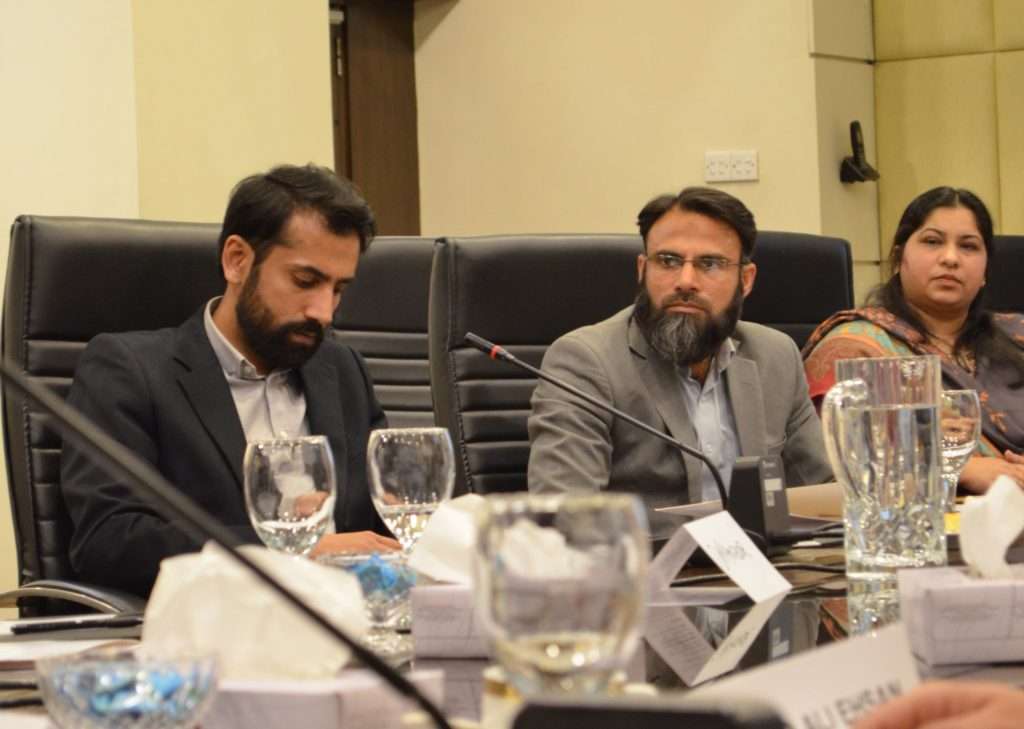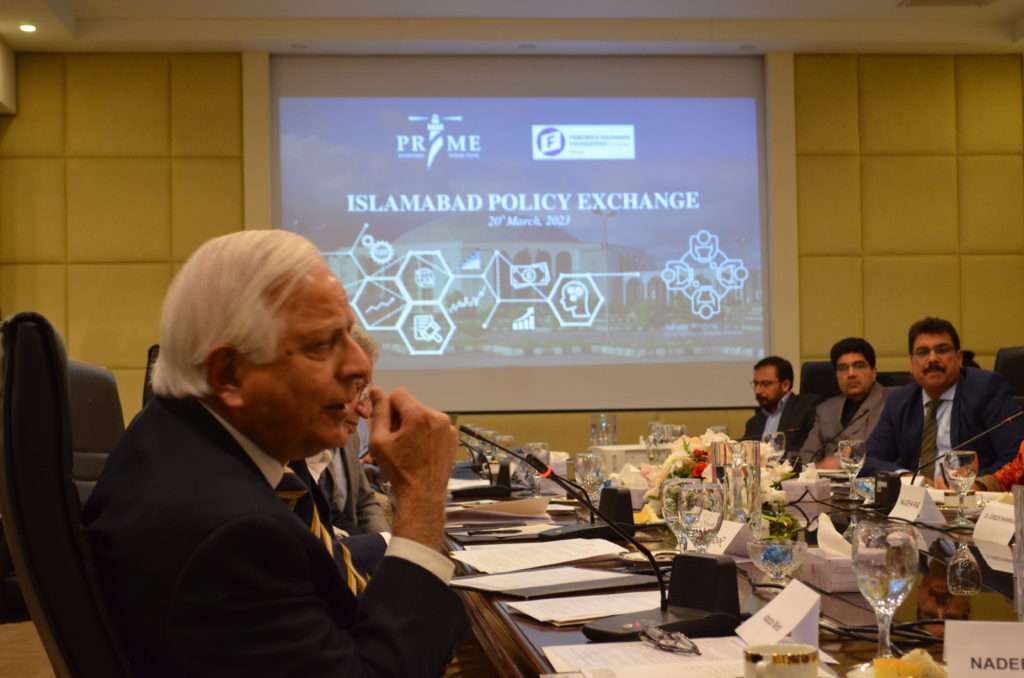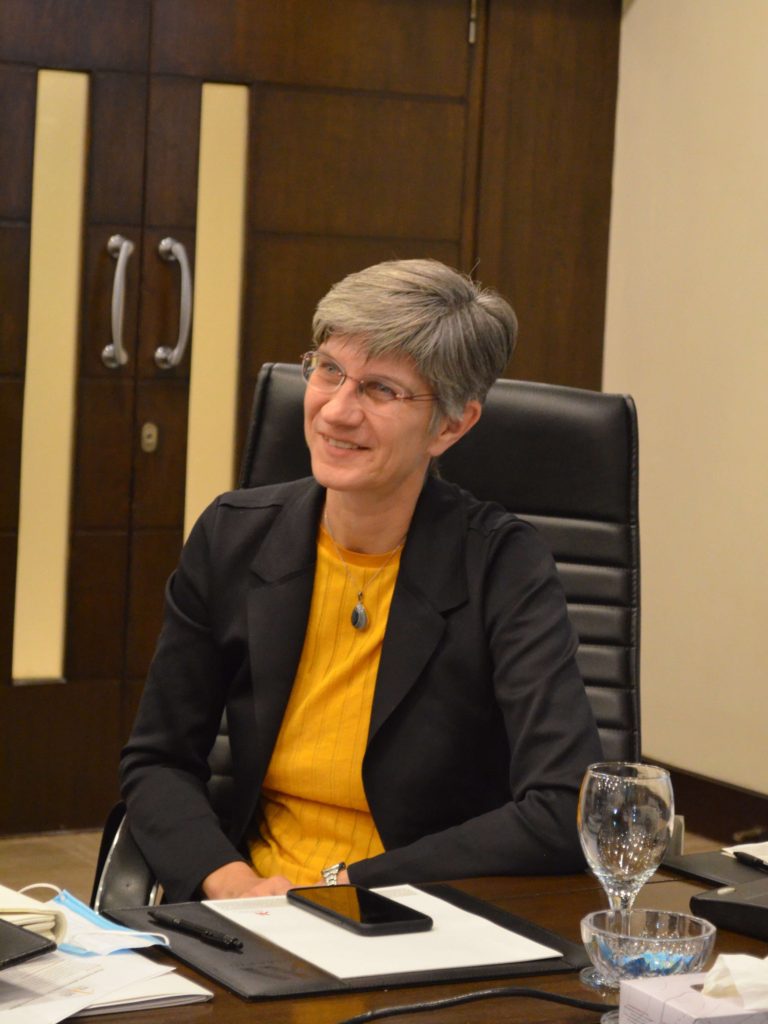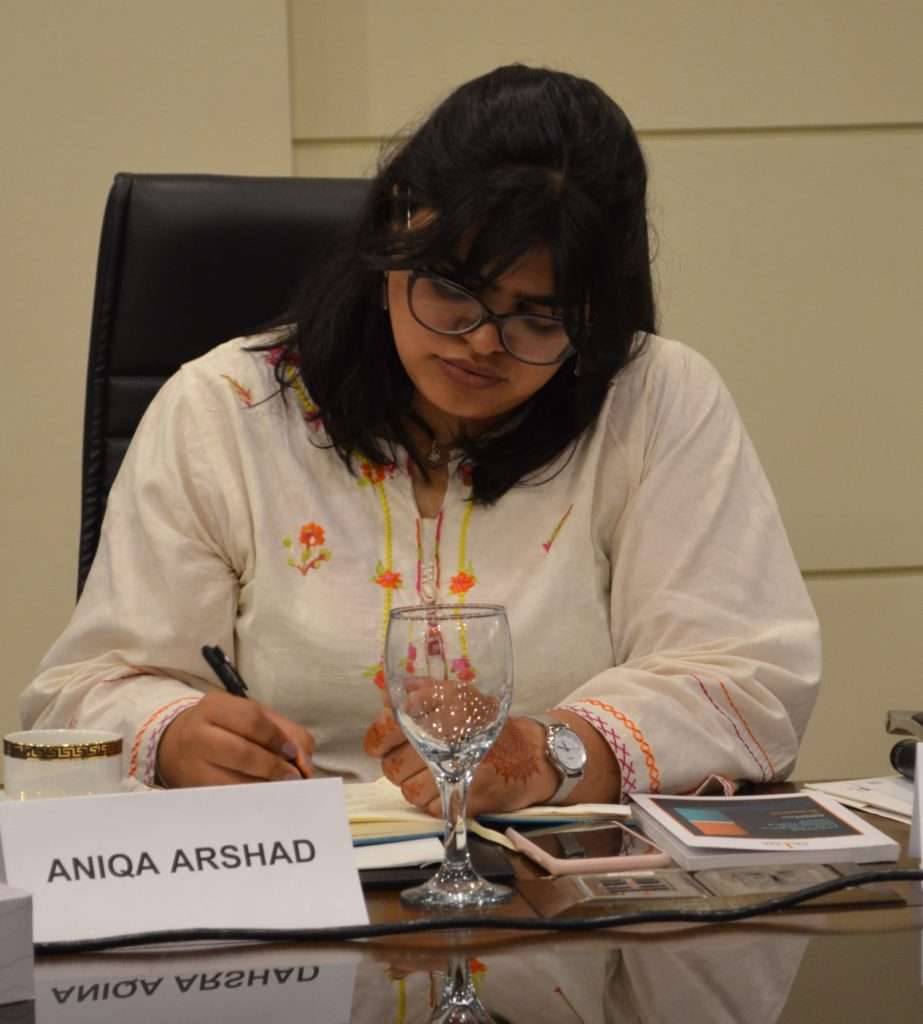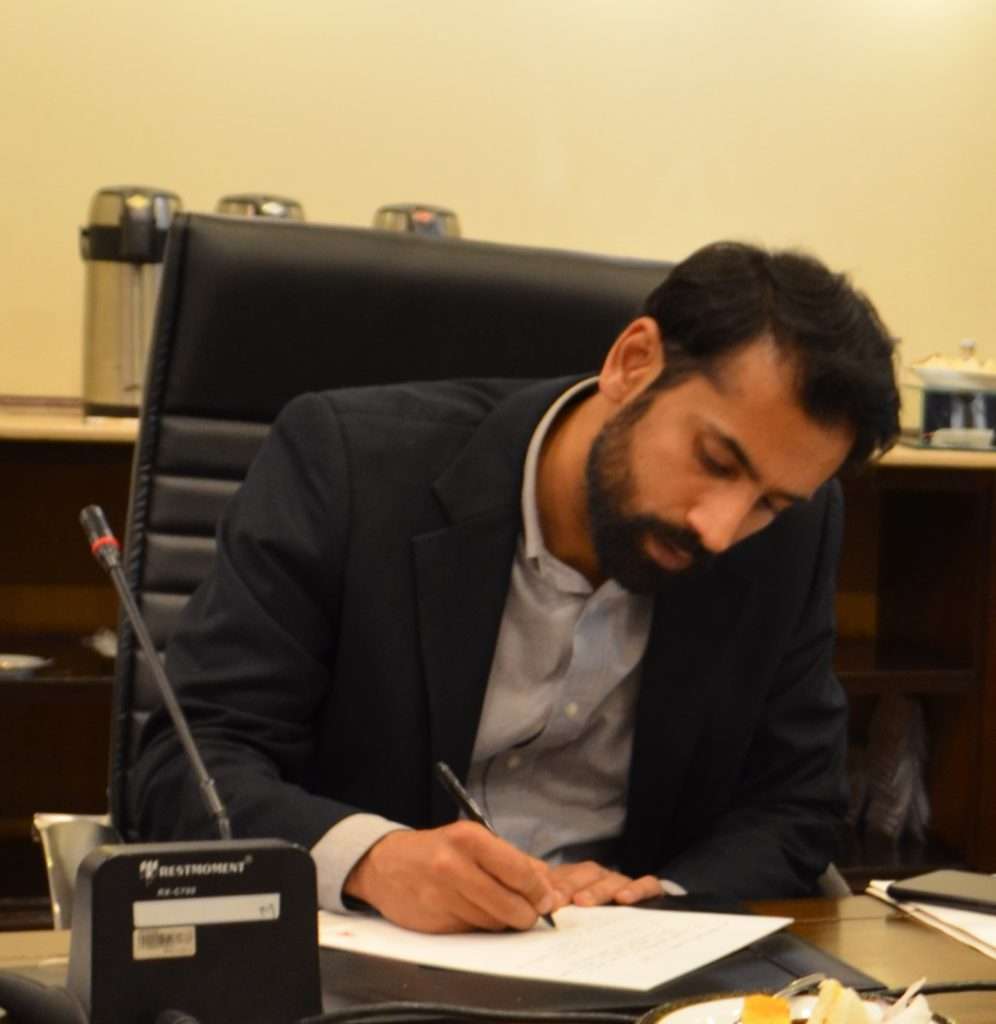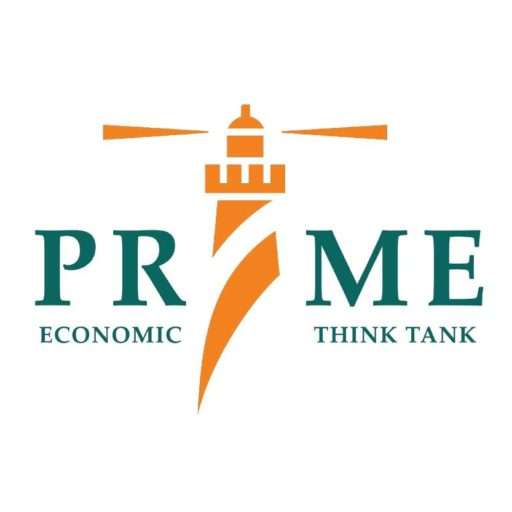Public Sector Reforms: Myths and Realities
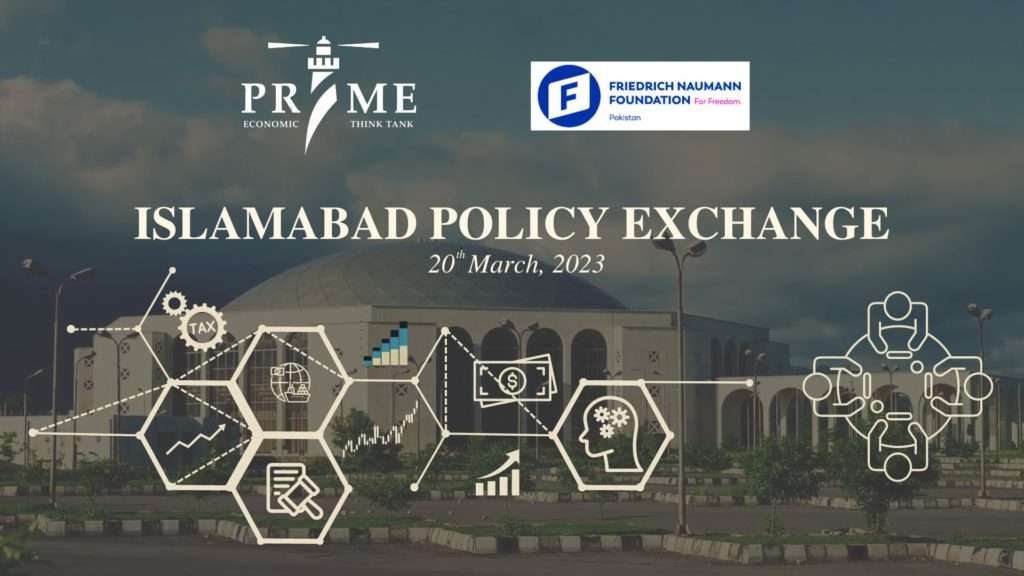
PRIME (Policy Research Institute of Market Economy) organized the 2nd Islamabad Policy Exchange in Islamabad on 20th of March 2023. The event was attended by policy practitioners from the government and private sector.
The topic of discussions was Public Sector Reforms: Myths and Realities and was organized with the help of German Political foundation Friedrich Naumann Foundation.
The Islamabad Policy Exchange is a forum for candid discussions for policy stakeholders, held under Chatham House rules.
In the session it was explained that Public sector reform consists of deliberate changes to the structures and processes of public sector organizations with the objective of getting them to perform better. Structural change may include merging or splitting public sector organizations while process change may include redesigning systems, setting quality standards, and focusing on capacity-building.
Pakistan’s public sector is generally considered Cumbersome, inefficient, and corrupt. All reform efforts tend to improve its efficiency, effectiveness, transparency, and accessibility. Public Sector Reforms in Pakistan date back to the 1950’s and reflect different models such as NPM (New Public Management), SAP (Structural Adjustment Programme), and PRP (Poverty Reduction Programme).
The weaknesses of the government emerge from its Monopolistic nature of doing business, an unmanageable large size, managerial inefficiencies, public inaccessibility, economic inertia and Self-serving agenda.
It was revealed that in Pakistan’s low ranking on the World Competitiveness Report, inefficient government bureaucracy is the second most significant cause hampering Pakistani goods and services in international markets. The leading cause is corruption.
It was noted that ever since 2016, SOE’s have consistently incurred significant losses. These losses are compensated by recurring subsidies, concessions, taxation exemptions and bank borrowing. The book value of SOE assets is around PKR 21 Trillion, and account for 40% of the country’s GDP. At independence, Pakistan inherited only 12 SOE’s. This number grew in the 1950’s and 60’s but really exploded in the nationalization policy of the 1970’s under Zulfiqar Ali Bhutto. At present, there are 200 SOE’s and most are loss making institutions.
Tax revenues have been increasing every year despite news of most FBR targets being missed. The real problems are on the expenditures side, where no sincere attempt has been made to curb public spending and balance the budget.
While automation in government processes is viewed as critical to improving sectoral performance, most participants express grave concerns and pessimism on the capacity to reform the public sector soon.


